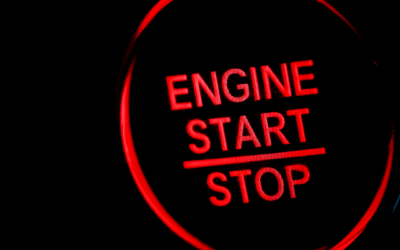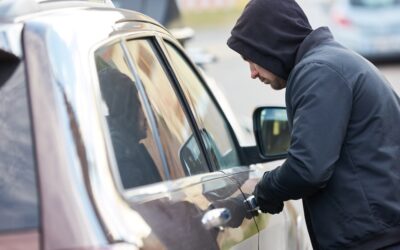So you’ve passed your test and you’ve got the use of a car! Brilliant. Everything is going as smoothly as it can. That’s great – but don’t let it mean that you switch off to what happens next. Unfortunately, more and more young drivers are falling victim to scams, simply through inexperience. Here are some of the most common, and dangerous, ones out there for you to avoid.
Keep your distance
A very common motoring scam is for the person in front of you to suddenly slam on their brakes for no reason and with no warning, meaning that you as a driver go straight into the back of their car. Your insurers will then pay out for ‘injuries’ and ‘damages’ – meaning that your insurance premiums as a young driver under 25 can shoot up.
What can I do to protect myself?
Drive carefully and sensibly and keep a safe distance from the car in front. Another good preventative tactic is to buy a dashcam. At around £150 they aren’t cheap, but in a situation like this they can show exactly what happened, including the speed that you were driving – and that can be invaluable to prevent your insurance premiums as a young driver from going through the roof.
‘Crash for cash’
This is as straightforward, and dangerous, as it sounds. It’s similar to someone slamming their brakes on, but in this scam a group of people go a stage further and create a deliberate, slow speed, car crash. They even have their own ‘witnesses’ and they then submit vastly inflated claims for:
- Damage to the car
- Loss of earnings
- Personal injury
- Car hire
Again, this can result in the cheap car insurance premiums for young drivers that you previously enjoyed going sky high.
What can I do to protect myself?
If you suspect that you have been a victim of a staged crash then you can contact Cheatline . This is a fully confidential service, open 24 hours, to whom you can report the crash and those involved.
The group insurance scam
A number of fraudsters pose as ‘insurance brokers’ and offer premiums which sound too good to be true. They may cover you to drive, and therefore take your money, but they then change some of the key details on the policy. For example, your age or the number of years of no claims discount. This will invalidate your insurance, leaving you open to a criminal offence.
What can I do to protect myself?
Be vigilant and choose premiums from well-established insurance companies. And beware – if something sounds too good to be true, it probably is.
The alleged DVLA ‘email’
This is a scam which purports to be from the DVLA regarding the purchase of a new car. The email will come with a Word attachment and in that attachment will be a computer virus which will infect your software and potentially get hold of personal information, including bank details.
What can I do to protect myself?
The DVLA will never confirm a payment for a car with a Word attachment. If you suspect that an email from the DVLA is in fact a scam, then DO NOT open any attachments and inform the DVLA as soon as possible. Simple measures will keep you safe.



